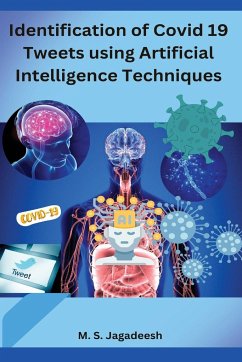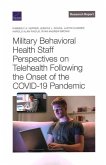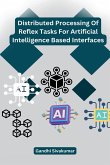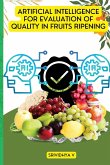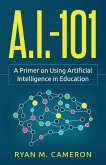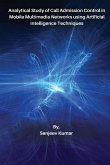The COVID-19 pandemic has led to an unprecedented volume of information being shared on social media platforms. The sheer volume of tweets related to COVID-19 makes it difficult for health officials and researchers to identify important information and insights that can aid in the fight against the virus.Identification of COVID-19 tweets using artificial intelligence techniques involves the use of machine learning algorithms and natural language processing techniques to analyze large volumes of tweets related to COVID-19 and identify important information. This can include identifying tweets that contain information on new cases or outbreaks, identifying trends in public sentiment around COVID-19, and identifying misinformation or rumors related to the virus.One approach to identifying COVID-19 tweets involves using machine learning algorithms to classify tweets based on their content. This can involve training the algorithm on a set of labeled tweets, where each tweet has been labeled as either relevant or irrelevant to COVID-19. The algorithm can then be used to classify new tweets as either relevant or irrelevant based on their content.Another approach involves using natural language processing techniques to extract important information from COVID-19 tweets. This can include identifying keywords and phrases related to COVID-19, such as the names of countries or cities experiencing outbreaks, or identifying sentiment analysis to understand how people are feeling about the virus.AI-based identification of COVID-19 tweets can provide important insights for health officials and researchers working to track the spread of the virus and develop strategies to combat it. By automating the process of identifying important information in large volumes of social media data, these techniques can help to quickly identify emerging trends and important information related to the pandemic.
